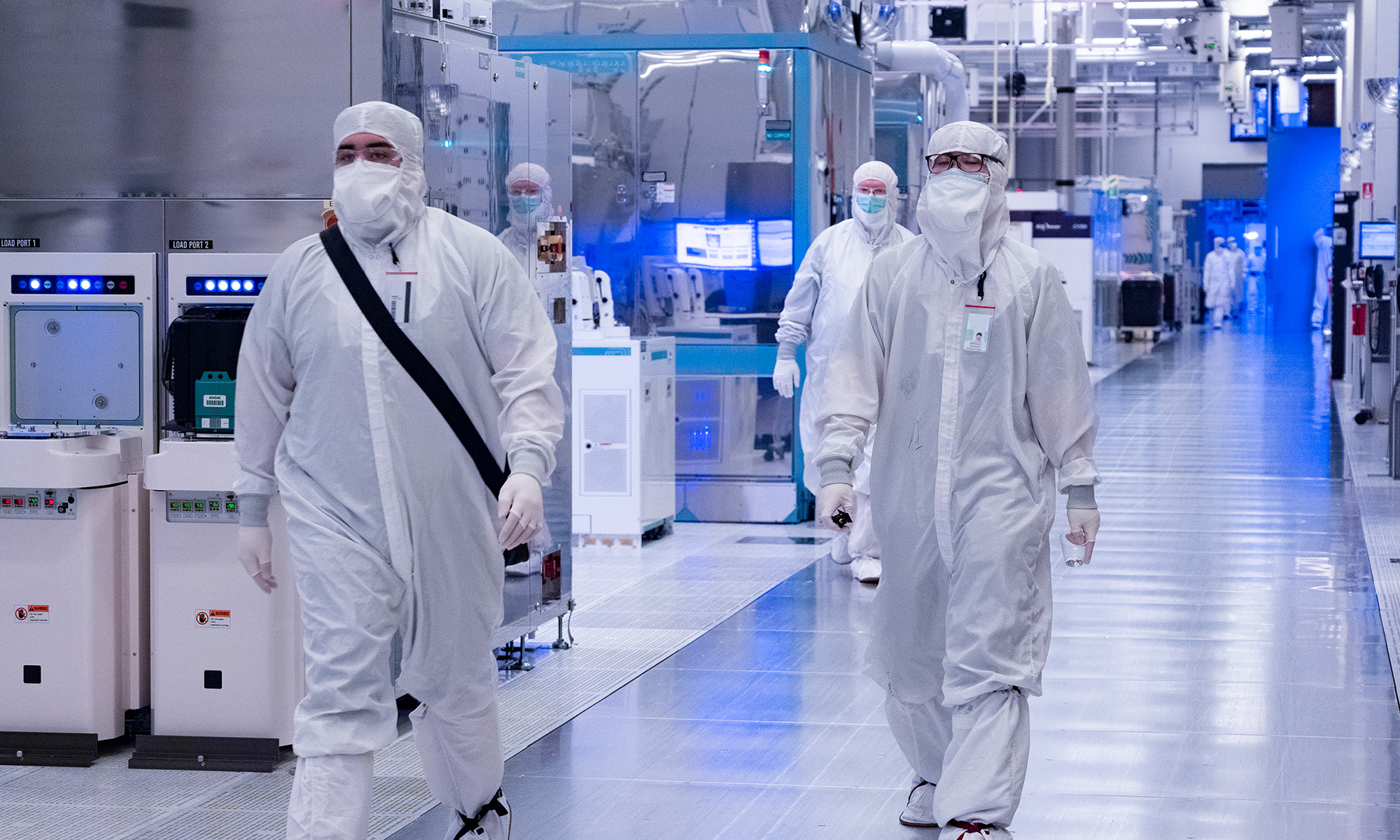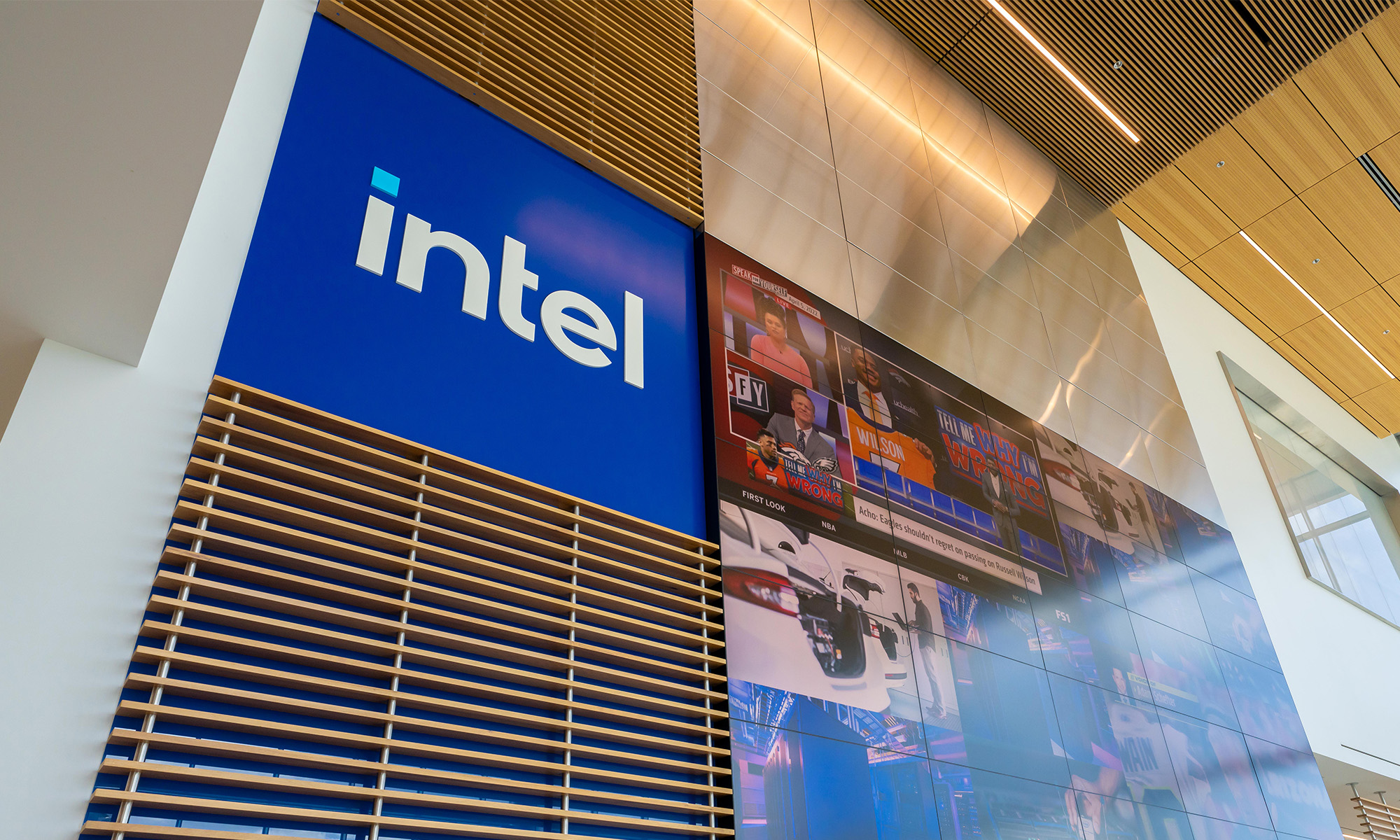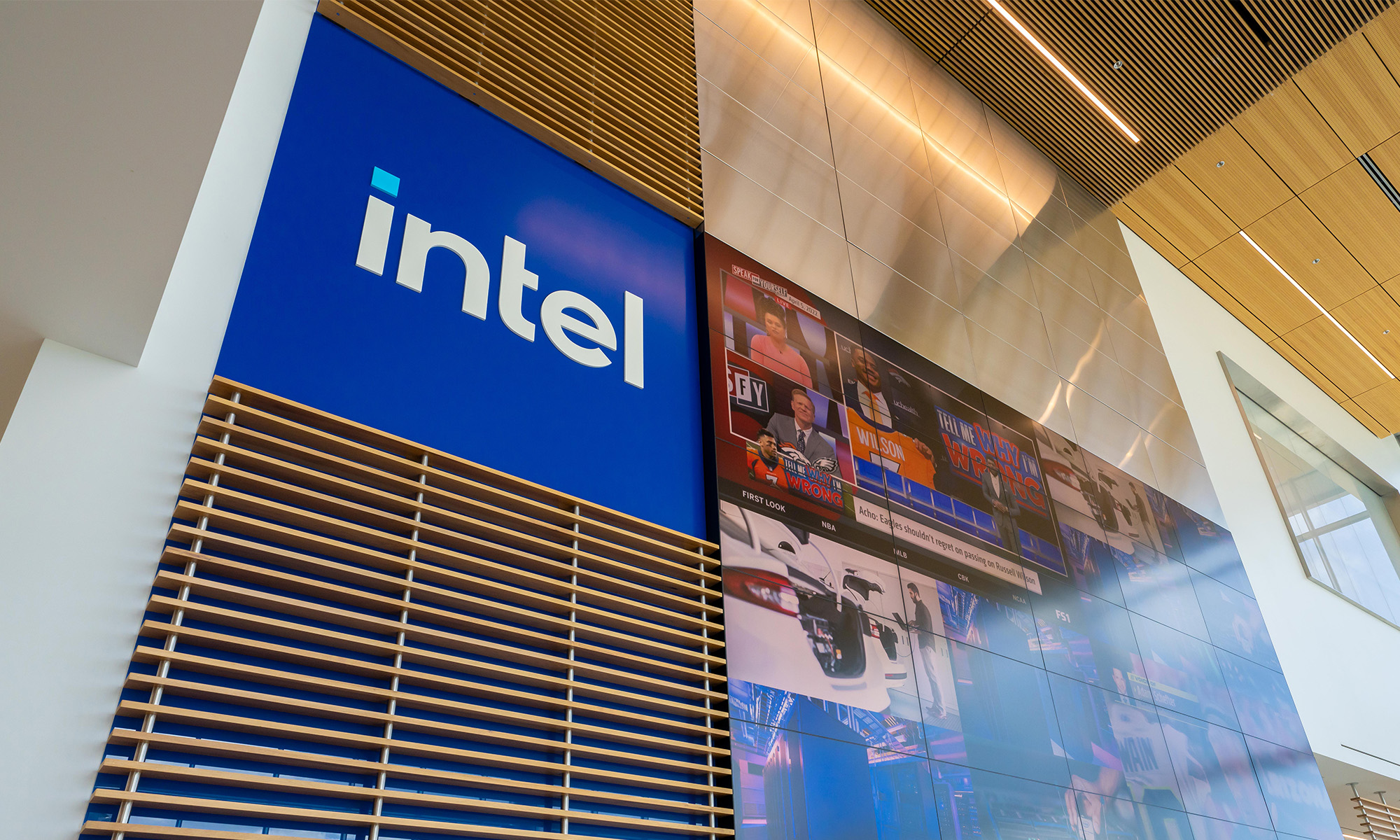Semiconductor veteran Intel (INTC +0.53%) may not be the first name that springs to mind when you're thinking about artificial intelligence (AI) investments. AI leaders like Nvidia (NVDA +1.55%) and Super Micro Computer (SMCI +0.39%) have posted huge stock gains in the last three years while Intel only rose 39%. And when people are weighing hardware options for their next AI supercomputer, they're comparing Nvidia's Blackwell chips to Advanced Micro Devices' (AMD 0.15%) Instinct series. Intel's Gaudi AI accelerators are an afterthought at best and easily ignored at worst.
But the times, they are a-changing. As of this writing on Nov. 9, 2025, Intel's stock has soared 93% in the last three months. The company is striking powerful AI deals these days. Is it too late to invest in Intel's AI turnaround?

NASDAQ: INTC
Key Data Points
Intel zigs on AI chip design while Nvidia and AMD zag
Intel is revamping its AI strategy. Last month, the company introduced a new product line code-named Crescent Island, optimized for a different part of the AI workflow than the current leaders.
Crescent Island supports massive memory capacity and networking bandwidth, a combination tailored for inference tasks. The Blackwells and Instincts of the world may train the back-end systems, while Crescent Island should be better at delivering real-time results from the fully trained generative AI systems.
Customers will have the first sample chips available for testing in the first half of 2026. The test runs should include most of the existing large-scale AI platforms with fully trained back-end systems and rising demands for quick end-user response.
Inference is a demanding step in the AI service chain, and anything that can provide helpful answers a bit quicker should be welcomed with open arms. That's especially true for so-called agentic AI solutions, which perform several independent data-crunching tasks in response to a single user command. If Intel's new AI chips can deliver on their performance promises, Intel could be the dark horse to beat in the next stage of the AI races.
Intel is sneaking into the AI party
Beyond Crescent Island, Intel is finding buyers for other AI-related products and services.
- Rumor has it that Tesla (TSLA 1.44%) is designing its own custom AI chips, considering Intel's chip-making foundry for the manufacturing role. Anything Tesla takes seriously could become a massive business opportunity for the right partner.
- Intel includes AI features in some of its PC and server chips nowadays. By the end of 2025, the company expects to have shipped 100 million AI-enhanced PC chips.
- The company is also working with Nvidia, building custom data center processors including Intel's Xeon platform and Nvidia's AI accelerators. For consumer-level desktops, the collaboration includes Core processors and RTX graphics processing units (GPUs). This partnership could turn the tide in system-level processors, letting Intel recover some of the customers it has lost to AMD in recent years.
I could go on, but those are Intel's biggest AI headlines in recent months. Furthermore, Intel crushed Wall Street's financial expectations in last month's Q3 2025 report. CEO Lip-Bu Tan highlighted AI as a core driver of hardware demand.

Image source: Intel.
Intel's AI recovery has barely started
Many of the AI opportunities emerging around Intel should be long-lasting. It will take years to deliver cash profits from the purported Tesla collaboration and the upcoming Crescent Island chips. The infrastructure to build these products is probably not ready yet, despite Intel's plethora of recent big-ticket investments in manufacturing assets.
And Intel's stock looks incredibly expensive if you focus on profit-based valuation ratios. Its trailing bottom-line profits are barely above breakeven, resulting in four-digit price-to-earnings ratios. Math can play tricks on investors sometimes.
But if you compare Intel's market value to AMD, Nvidia, or Broadcom (AVGO +0.51%) on a profit-blind price-to-sales basis instead, you'll find that Intel could quadruple its stock value and still look affordable next to the cheapest of these AI hardware rivals.
So no, I don't think that Intel's greatest AI-based stock price gains are behind it. The struggling chip giant is getting back on its feet, and shareholders should see market-beating returns as this recovery plays out.










